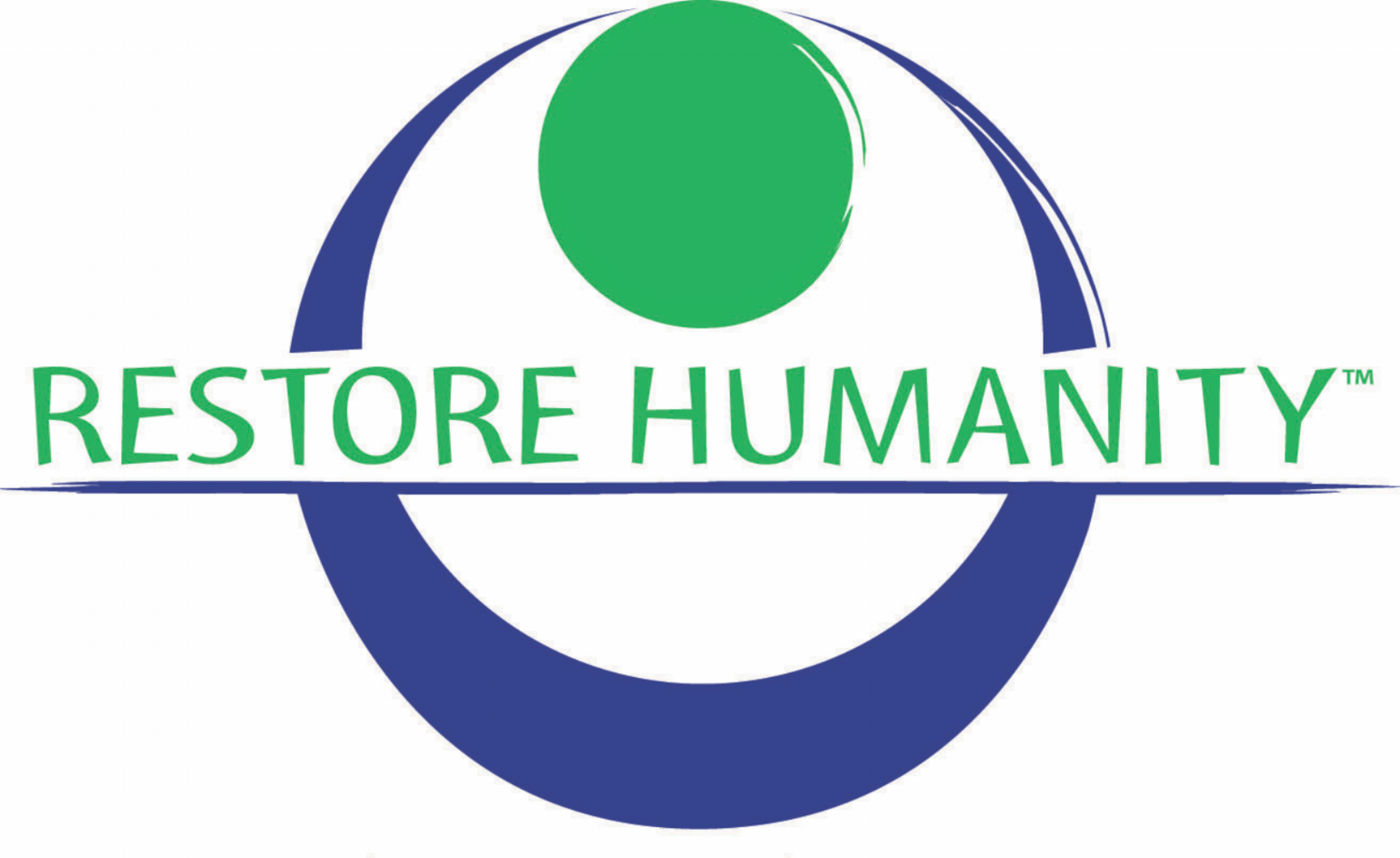“Who is my Neighbor?”
Since I started Restore Humanity, there is a question that I have been asked more times than I can count. That question is “Why are you helping children in Kenya when there are children here in the US that need help?” While I understand the underlying thought process, it still always strikes me as such a strange question.
I could answer them by appealing to the magnitude of the need or explaining how the money we raise here goes such a long way there. Or I could list the many awesome people and organizations that are working hard to build support systems for those in need in here in the US and how they don’t necessarily have counterparts in the rural area where we work in Kenya, but the truth is that the main reason why I do what I do is because I was given an amazing opportunity to really make a difference in some incredible children’s lives and I took it.
What I want to address today is the problem with that question in the first place. By my lights, every human is important, every person from every race, religion, nationality, or tribe. Everyone, without exception. So it seems strange to me that someone would see a person helping another and wonder—Why are you helping that person, when you should be helping this person? A child in need is a child in need.
While Restore Humanity is not a Faith-Based Organization, I, myself am a person of faith. The Golden Rule is something that I take very seriously and quite literally. “Love your neighbor as you love yourself” is first said in Leviticus and then Christ applies the concept in the wonderful parable of the “Good Samaritan” (Luke 10: 25-37)
The Parable of the Good Samaritan
25 On one occasion an expert in the law stood up to test Jesus. “Teacher,” he asked, “what must I do to inherit eternal life?”
26 “What is written in the Law?” he replied. “How do you read it?”
27 He answered, “‘Love the Lord your God with all your heart and with all your soul and with all your strength and with all your mind; and, ‘Love your neighbor as yourself.”
28 “You have answered correctly,” Jesus replied. “Do this and you will live.”
29 But he wanted to justify himself, so he asked Jesus, “And who is my neighbor?”
30 In reply Jesus said: “A man was going down from Jerusalem to Jericho, when he was attacked by robbers. They stripped him of his clothes, beat him and went away, leaving him half dead. 31 A priest happened to be going down the same road, and when he saw the man, he passed by on the other side. 32 So too, a Levite, when he came to the place and saw him, passed by on the other side. 33 But a Samaritan, as he traveled, came where the man was; and when he saw him, he took pity on him. 34 He went to him and bandaged his wounds, pouring on oil and wine. Then he put the man on his own donkey, brought him to an inn and took care of him. 35 The next day he took out two denarii and gave them to the innkeeper. ‘Look after him,’ he said, ‘and when I return, I will reimburse you for any extra expense you may have.’
36 “Which of these three do you think was a neighbor to the man who fell into the hands of robbers?”
37 The expert in the law replied, “The one who had mercy on him.”
Jesus told him, “Go and do likewise.”
What I find fascinating about this story is that Christ uses a Samaritan to be the hero. Samaritans and Jews were historically enemies and did not generally share very positive views about each other. The fact that the first two people in the story walked by their Jewish brother and did not help him says a lot, especially considering one was a Levite (from the priestly tribe) and the other a Priest, two people that would be assumed to be following the "Law" and would be considered this man's "neighbor" in the strictest sense of the word. The Samaritan was just a good person that showed love and mercy in the moment it was most needed. He goes above and beyond to help another human, despite societal norms. What I take from this is that we are to do whatever we can for each other—that means every person regardless of our national borders, tribal affiliations or personal hang-ups.
For the record, if I could help every single child in need in the entire world believe me I would. I was just given an opportunity to help these children in Kenya and I took it. I am so thankful for our Restore Humanity family that supports us, and grateful that so many people share our conviction that even if we make a difference in even one life—that is what is important.
And while many people that support Restore Humanity do not share my specific beliefs about everything, we do share some core values—that every one matters and you should just help whomever you can whenever you can. Period. You do what you can to make the world better. One planet. One People. One Purpose.
And who is my neighbor? Everyone.







